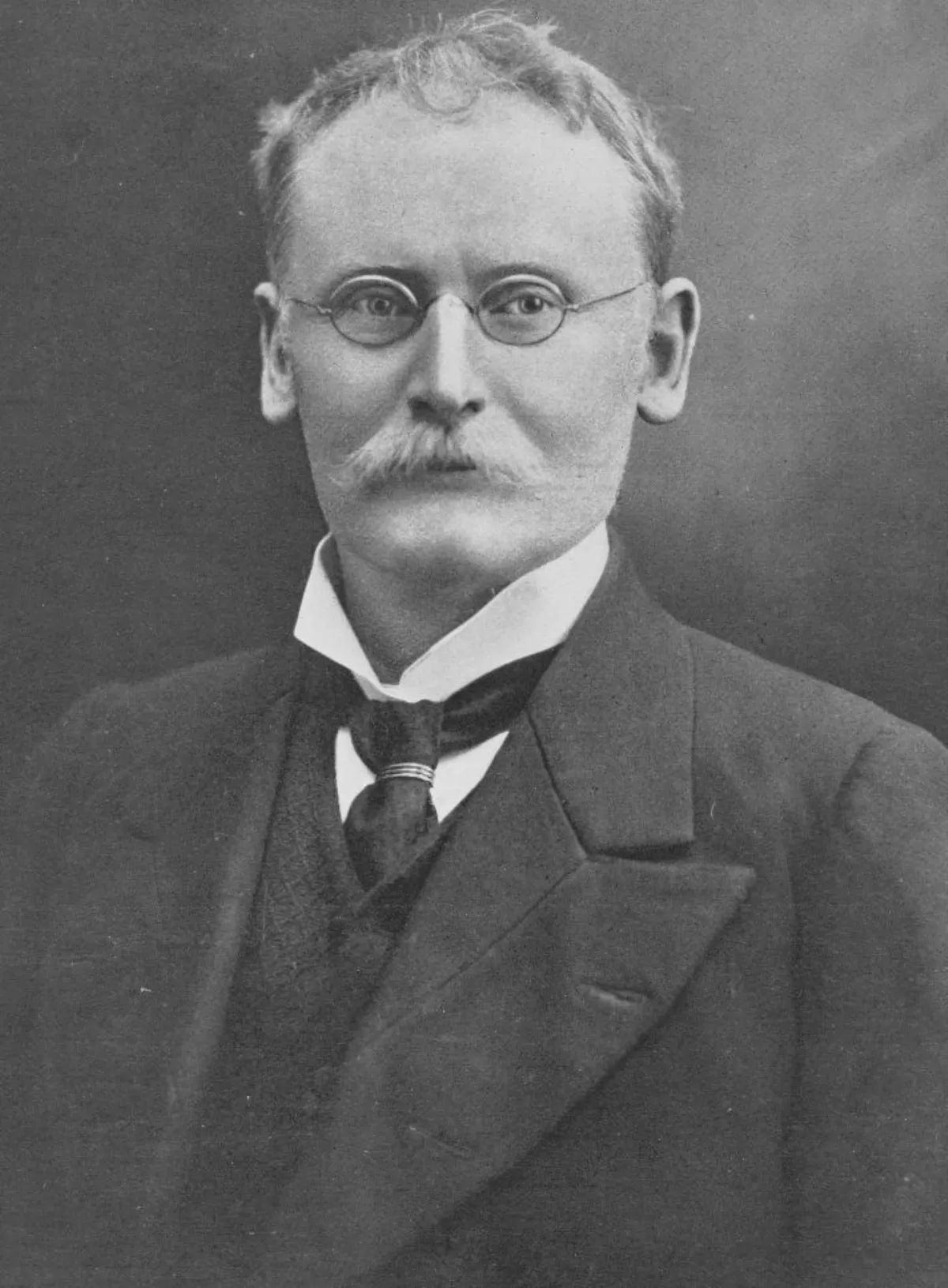 1.
1. Sir William Hall-Jones was the 16th prime minister of New Zealand from June 1906 until August 1906.

 1.
1. Sir William Hall-Jones was the 16th prime minister of New Zealand from June 1906 until August 1906.
William Hall-Jones was interim prime minister from the death of Richard Seddon to the return from overseas of Joseph Ward.
William Hall-Jones was a mild mannered man with a fully earned reputation as an outstanding administrator.
From 1908 to 1912, William Hall-Jones was New Zealand's High Commissioner to the United Kingdom.
William Hall-Jones was born in Folkestone, Kent, England, and landed at Dunedin in 1873.
William Hall-Jones became a carpenter and later a builder in Timaru.
William Hall-Jones developed an interest in local politics serving on the Timaru Borough Council from 1884 to 1886, and again from 1890 to 1892.
William Hall-Jones initially refused nomination from locals, citing several upcoming business contracts.
However, after persistent calls, William Hall-Jones reluctantly accepted despite having no parliamentary ambitions.
William Hall-Jones represented Timaru in the House of Representatives until his resignation in October 1908.
William Hall-Jones was initially an Independent Liberal holding moderate, progressive views that tended to align him with John Ballance, Sir George Grey and John McKenzie.
William Hall-Jones joined the Liberal caucus and in 1891 became the party whip alongside Westby Perceval.
William Hall-Jones was responsible for the eventual construction of the Otira tunnel, going through Arthur's Pass.
Several weeks after entering cabinet, William Hall-Jones was appointed minister of marine, a post which he was to hold for over a decade.
William Hall-Jones was responsible for passing a bill granting protection to the famous navigation dolphin Pelorus Jack by Order in Council under the Sea Fisheries Act on 26 September 1904.
William Hall-Jones was acting prime minister during the absence from the country of Seddon in 1906 and formed an administration immediately after Seddon's funeral.
However, William Hall-Jones announced that he would only hold power until Sir Joseph Ward's return from abroad.
William Hall-Jones accepted the Railways and Public Works portfolios in the subsequent Ward administration.
William Hall-Jones died at his home in Wellington on 19 June 1936.